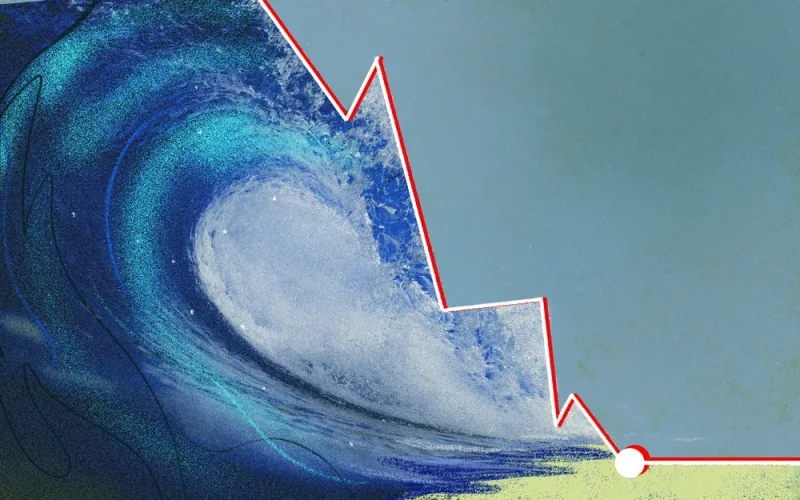The decline in private equity performance seen when firms raise larger funds might have nothing to do with their increasing size after all, according to research from the University of Arizona.
“Analysis of the correlation between fund growth and performance at the PE firm level is likely to misinterpret simple reversion to the mean as being caused by fund growth,” Andrea Rossi, a finance professor at the University of Arizona, said in a recent paper. “High-growth private equity firms were on average lucky in the past and therefore are expected to experience reversion to the mean.”
When controlling for reversion to the mean, Rossi estimated the impact of fund growth on performance diminishes by 80 percent to 90 percent, “not statistically different from zero.” This means the disappointing gains of follow-on funds raised by the most successful private equity firms are largely due to luck reverting back to the mean, according to the paper.
Naturally, Rossi said, fundraising “strongly depends” on past results.
“Firms that have been able to raise additional funds after their early funds must, on average, have had good luck, especially those firms whose follow-on funds have grown the most,” he wrote in the paper. “Since there is no reason why that luck will continue, the follow-on funds raised by lucky firms should on average underperform their preceding funds, regardless of potential causal effects of fund growth.”
His findings suggest buyout funds can scale up without hurting returns while helping to explain “why a certain amount of performance persistence has been observed in PE funds.”
[II Deep Dive: The Truth About Private Equity Fund Size]
When buyout firms raise larger follow-on funds, they tend to purchase larger companies rather than make more investments, according to Rossi. That’s in contrast to venture capital firms, which invest in more companies and target bigger deals with their larger funds.
“Scaling up is easier for buyout firms,” he said in the paper. “Large buyout funds are able to deploy greater amounts of committed capital while making a smaller number of investments.”
This helps buyout firms avoid spreading “their skill too thin,” he suggested. “Moreover, while the number of investments in a portfolio appears to grow less than proportionally with fund size, management fees would normally grow proportionally with fund size.”
The distinct way in which private equity firms choose to invest from increasingly large investment pools provides a rationale for why “the estimated marginal impact of fund growth on performance is more negative for VC funds than it is for buyout funds,” according to Rossi.
“Understanding the extent to which scale impacts expected returns is critical for investors’ allocation decisions,” he said.
When considering “the noisy nature” of private equity returns, differences in fund growth rates “no longer appear to be a first-order concern,” particularly when allocating to buyout pools, according to his work. Instead, he said the “negative relationship between aggregate fundraising and performance should be attributed to market-wide factors,” such as competition for deals.







